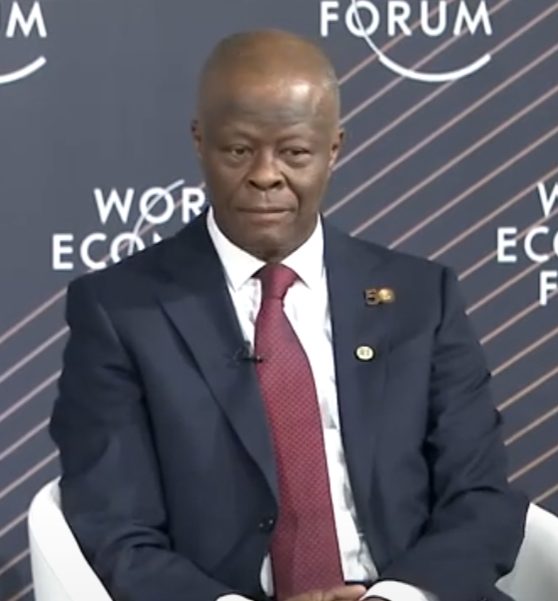The Economic Management Team has proposed a bold approach to generate rapid and inclusive growth in Nigeria, building on recent signs of economic stability and establishing a medium-term growth target of 7%.
At a strategic session chaired by the Minister of Finance and Coordinating Minister of the Economy, Wale Edun, in Abuja on Monday, the team reviewed progress on macroeconomic indicators and charted a course toward sustained development.
Edun cited rising foreign trust in the government’s reform drive as seen by declining budget deficits, increased fiscal revenues, and a recent improvement in Nigeria’s credit rating.
“That is a clear, objective indication that things are moving in the right direction,” he affirmed.
The Minister also commended the Central Bank of Nigeria for its role in stabilising the external sector through a more transparent exchange rate regime and rising foreign reserves.
He noted that net forex reserves reached $23 billion in 2024, while the exchange premium fell sharply from 65% in 2023 to just 1% this year.
“High commendation goes to the Central Bank not just for results, but for the clarity and transparency of their actions,” Edun stated.
Referring to the recent IMF-World Bank Spring Meetings, Edun acknowledged persistent global economic uncertainty and domestic fiscal challenges, notably dropping oil prices.
To address these difficulties, he emphasised the importance of increasing private investment and job development.
He urged public agencies to adopt data-driven and evidence-based policymaking, singling out the CBN’s approach as a model of transparency.
EMT subcommittees were tasked with finalising the next phase of the country’s economic roadmap, which will be presented to the President.
The team also aims to enhance Nigeria’s sovereign ratings to reduce borrowing costs, expand GDP through sector-specific policies, and unlock long-term capital such as pension funds for infrastructure.
Main priorities involve increasing oil output, reducing crude extraction expenses, and drawing in investments from both local and international sources.
Edun highlighted the recent increase in investments in telecom infrastructure and emphasized technology’s role in fostering growth in various sectors, including agriculture.
The EMT also looked at how the government could guarantee more efficient public spending and offer more focused economic prospects with the use of de-identified poverty data.
With these initiatives, the EMT expressed optimism that Nigeria is on a path toward inclusive growth that can transform millions of lives and solidify the country’s standing in the global economy.

